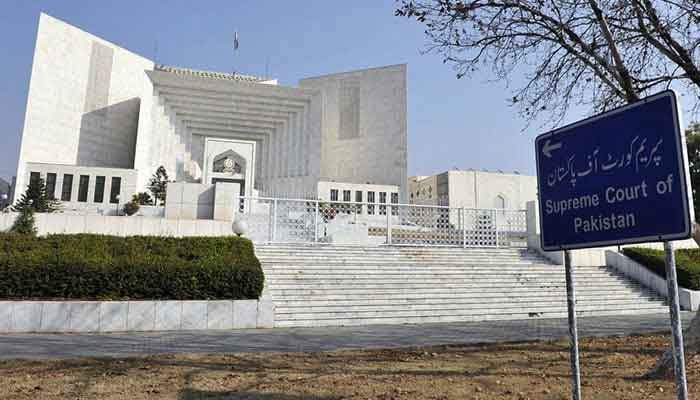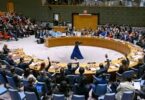The Supreme Court of Pakistan has declared the Election Commission of Pakistan (ECP) decision of 22nd March as null and void and categorically mentioned the fact that the ECP did not have the legal right to delay the elections. According to yesterday’s verdict of the apex court, the elections will be held in Punjab on May 14.
The Pakistani nation has gone through acute political antagonism and chaos over the past year while an all-time combative politics and persistent rivalry of the warring parties rocked the country’s economy and extremely polarized the society. The year-long political tussle engulfed the judiciary after violently sabotaging parliament and invading public institutions including the military and the LEAs. The controversy, which flared up after the Supreme Court’s suo motu notice over the proposed delay of elections in Punjab and Khyber Pakhtunkhwa, swept over the top judiciary while splitting the adjudicators into groups and bringing them head to head against each other. The politics of the selfish politicians seriously undermined the national interests, destroyed the economy, polarized society, weaken democracy, and politicized the national institutions only to comprehend the political manifesto and gain power in the country.
Ironically, the tussle between the coalition government and PTI-led opposition reached its climax in recent days, as the hearing of the case headed to its conclusion. Both clashing parties have resorted to condemnable politics by putting forth their demands to the judiciary and launching malicious social media campaigns to manipulate the situation in their favor. The government accused the few judges of misconduct and expressed its disbelief over them and demanded the formation of a full court to hear the case whereas the Chief Judge dissolved the-concerned bench hearing the suo motu notice and PTI’s plea against the postponement of elections while forming a three-member jury to pursue the most controversial case in history.
Unfortunately, the battle for control and political supremacy badly hurt the functioning of the institutions, and internal issues of the judiciary were brought to the streets for public discussion that seriously damaged the sanctity of the institution. Meanwhile, the conduct of judges and the chief adjudicator also remained debatable for the common public and intellectual circles as the people sitting in high offices do not awe matching caliber which maintains the impartiality and prestige of a sacred institution in the country. On the other hand, the sitting government used all available resources and powers to move things in its desired direction by framing the Practice and Procedure Bill-2023 aims at slashing certain powers from the office of the Chief Justice including summoning suo motu notice, formation of benches, etc. apparently to forestall expected decision of the apex court over the election saga in two provinces. Similarly, the removal of the registrar Supreme Court was also an outcome of ongoing political tussle in the country.
The political philosophy of warring groups has created a constitutional crisis along with an ongoing political predicament in the country. The leaders do not bother with public issues, while the economic future, national sovereignty, and prestige of the national institutions have lost importance to them. The opposition is pursuing its election manifesto whereas the treasury is using a fractured parliament for framing self-benefitting legislation to secure its legal and electoral objectives. In fact, such kind of politics and governance can only be seen in a banana republic where jungle law prevails and institutions adrift their value because of inability, incompetence, and corruption.
Currently, the Chief Adjudicator has rejected all political and institutional pressure and announced a verdict that might suit many political groups and irritates others but this decision must be perceived with positive sentiments and both groups should pause their tussle. The warring groups must not drag the judiciary into their tussle and the judges must also bring their house in order through self-accountability and discipline. Currently, the election is the only solution to the prevailing fiasco, all relevant stakeholders including warring political groups and the ECP must prepare for a smooth, free, and fair election, so the nation comes out of the crisis and moves toward stability in the future.







